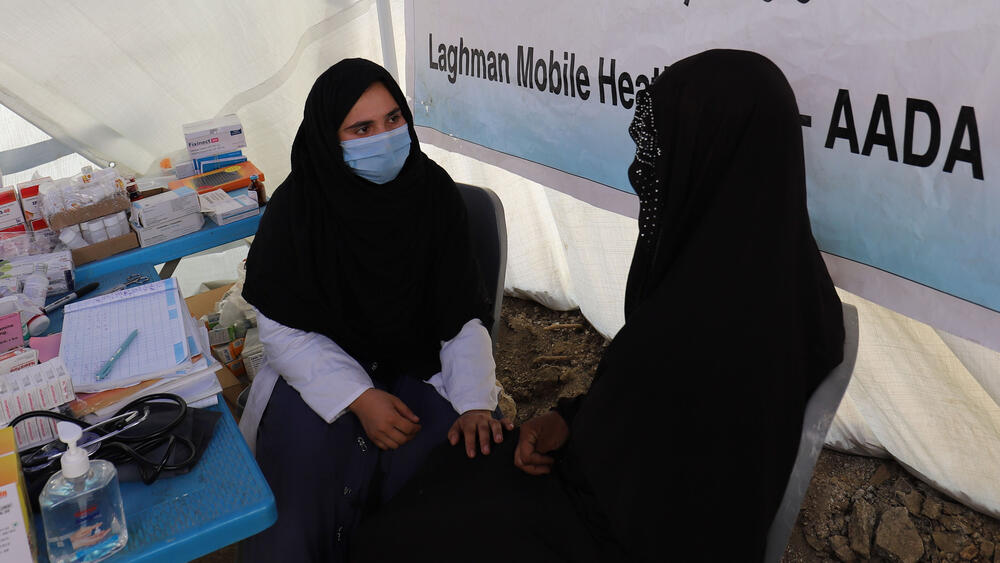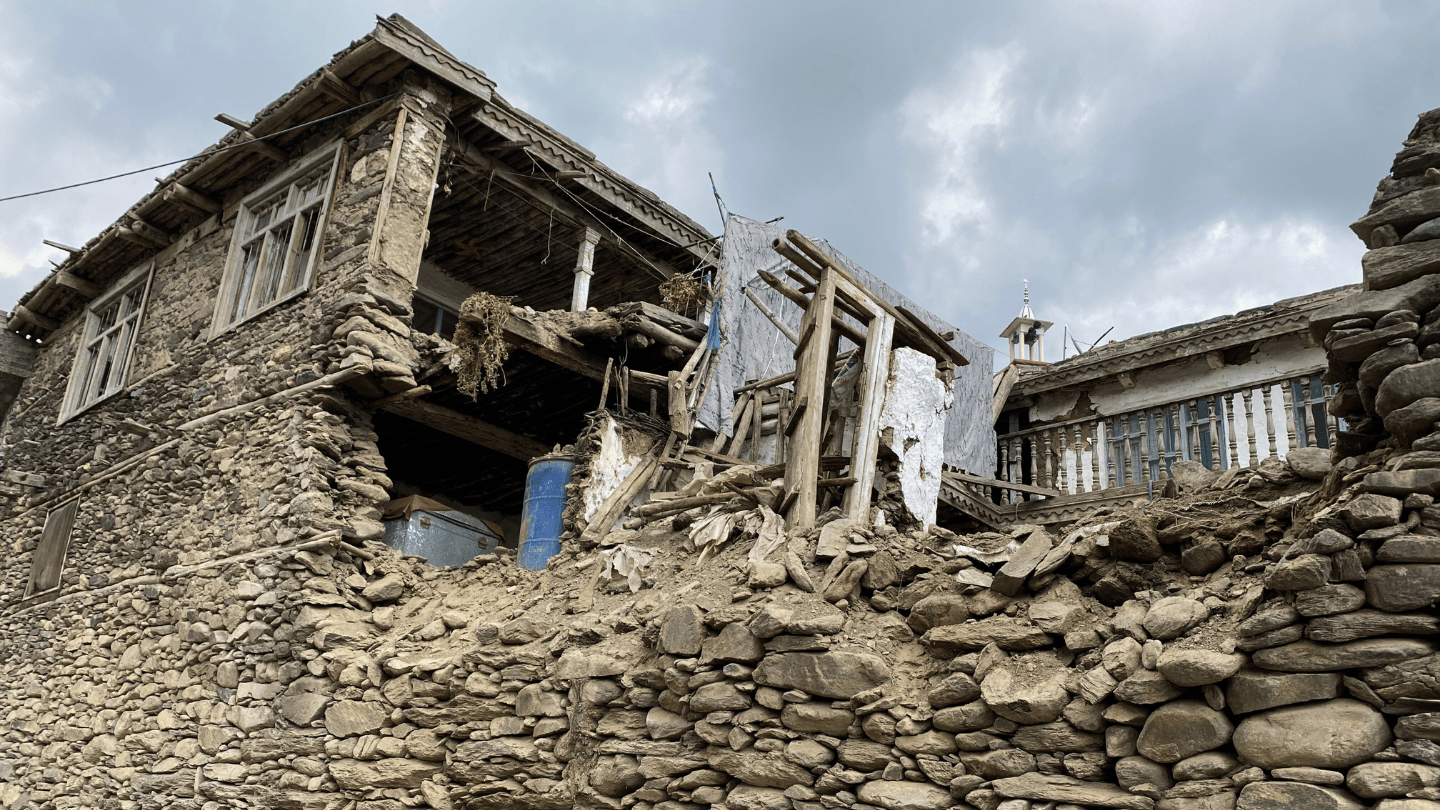Kunar, Afghanistan - When 15-year-old Salma* bade goodbye to her mother and siblings last August 30 to spend the weekend at her grandmother’s house, she had no clue it would be the last time she would see them alive.
At close to midnight the following day, August 31, a magnitude-6.0 earthquake shook the eastern region of Afghanistan, affecting four provinces, including Kunar, which suffered the most destruction and casualties. Salma’s mother and siblings were among those who perished.
According to Salma, her grandmother’s house in a nearby village withstood the shaking, so she just prayed that her family were also safe. Still, she felt anxious. So as soon as it was safe to go out the next morning, she went home–only to see their house collapsed to the ground and family members buried underneath. Right then, Salma felt her world collapse as well.
She found some relief finding out that her father and a brother survived the tragedy as neighbors managed to pull them out of the rubble. But Salma was inconsolable knowing that the rest of her family—her mother, one sister and two brothers—did not survive.
When I returned from my grandmother’s home in the morning, I saw our house had collapsed with my parents and siblings underneath. Later, rescuers also pulled out the bodies of my mother and siblings, but it was too late.

Maska, a psychosocial counsellor with a UNFPA-supported mobile health team deployed to the earthquake-hit areas, said Salma’s pain reflects what many affected women and children are experiencing. She noted that survivors have been deeply traumatized. Psychosocial support teams are providing emotional support to ease their suffering while also providing medicine, dignity kits, and other essential supplies.
“Women and children, in particular, are extremely traumatized,” Maska said.
Our goal is to support their emotional and mental health and provide whatever assistance we can, including medicines and dignity kits. At this critical moment, the affected people need our help. I would have given my time to help them in my personal capacity, but I am grateful to be a part of the mobile health team that came here to help.
Amid her loss, Salma has found valuable support from the counsellors. She has visited the Mobile Health Team three times for psychosocial counselling. “I feel better when I talk to the female counsellor,” she shared.
Salma’s heartbreaking story is one of many in the affected provinces of Kunar, Nangarhar, Laghman and Nuristan, where the earthquake left entire villages destroyed, homes and livelihoods wiped away in seconds. At least 1,475 deaths and 2,381 injuries have been confirmed so far. More than 50 per cent of the casualties are women and girls. The full scale of the tragedy is still emerging as reports continue to come in from remote mountain communities cut off by difficult terrain.
UNFPA, through its partners, has deployed five Mobile Health Teams across the affected districts, providing essential maternal and reproductive healthcare, psychosocial support, and general medical services. The teams have so far reached 9,500 people with life-saving services.
For Salma, who now carries both the trauma of loss and the responsibility of supporting her injured father and brother, the Mobile Health Team is more than just a service. It is a lifeline—offering hope, compassion, and the strength to begin healing in the aftermath of unimaginable devastation.
*Subject's name changed for privacy reasons.


